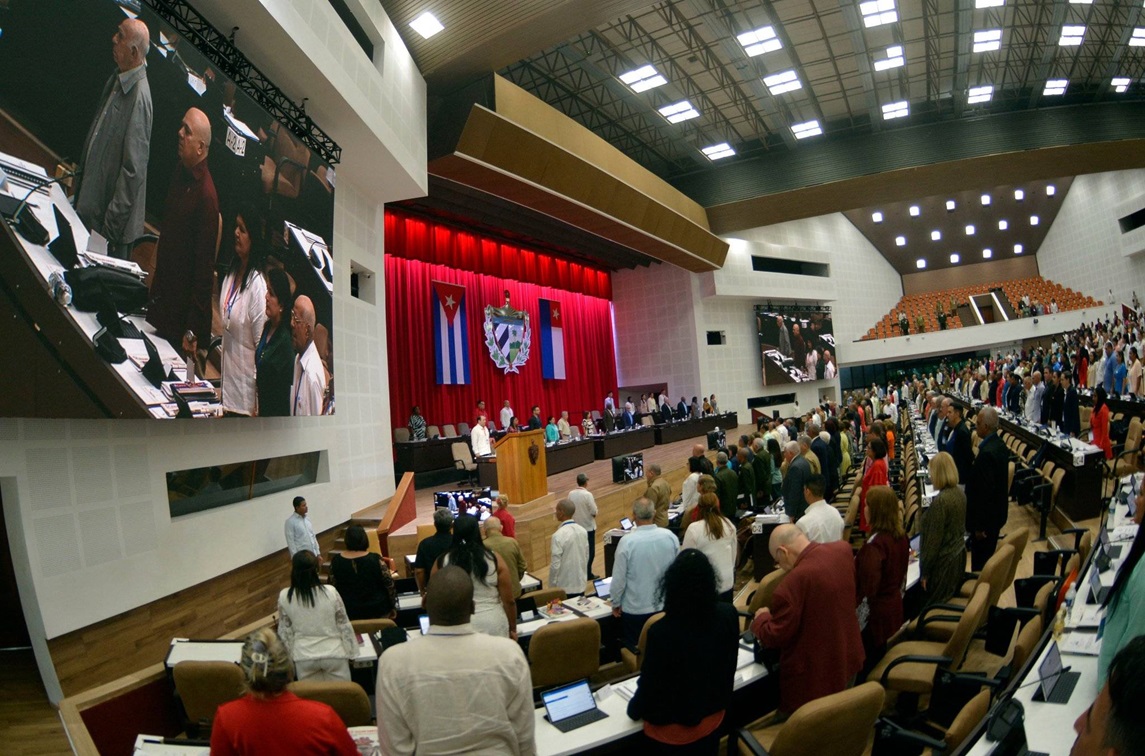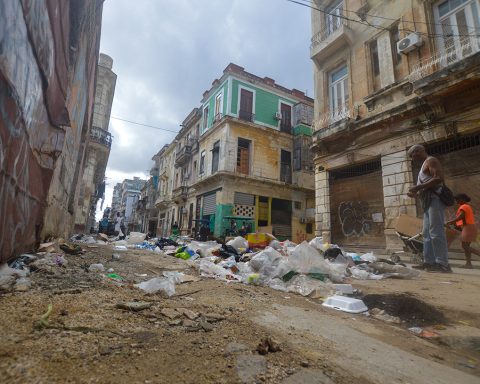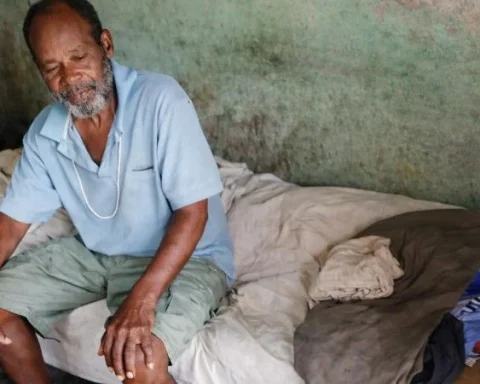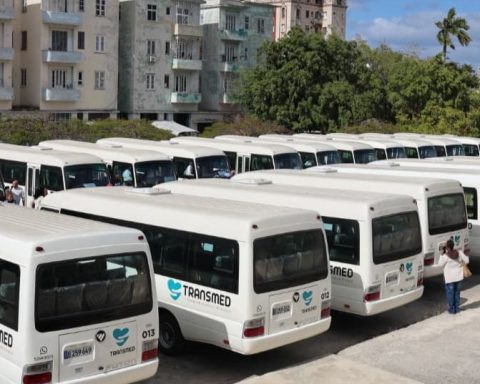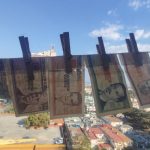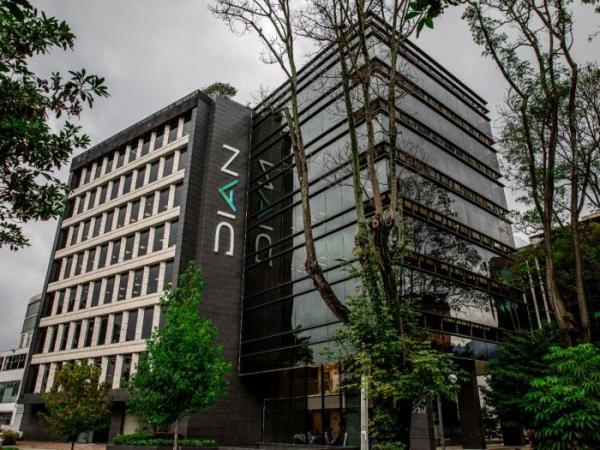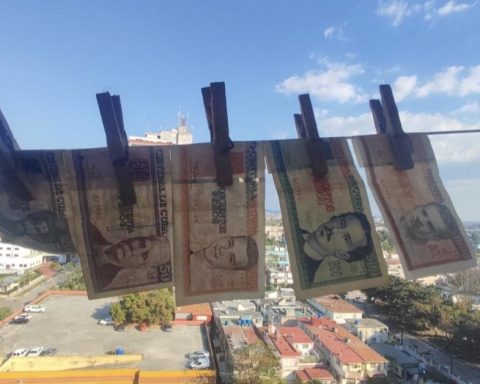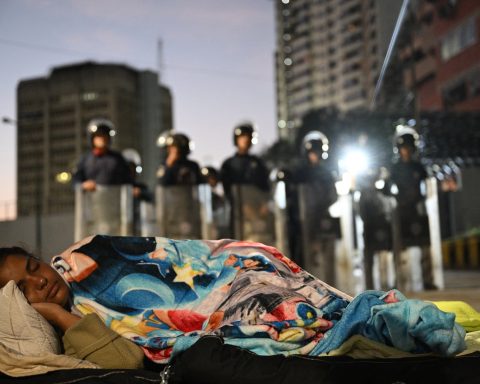In three days of marathon sessions that ended on Friday, the deputies of the National Assembly of People’s Powerapproved a major package of laws, six in total.
Some of the regulations were preceded by vigorous public debate, given their interest and scope in a country with an unstoppable migratory hemorrhage or with significant information and transparency deficits.
The Third Ordinary Session of the National Assembly of the Republic concluded #Popular powerin its 10th Legislature #CubaLegisla pic.twitter.com/38t1UwHaEJ
— National Assembly of Cuba (@AsambleaCuba) July 19, 2024
As part of the “ordering process” originating from the approval of the new Magna Carta in 2019, the laws on Administrative Procedure and Transparency and Access to Public Information were sanctioned.
The laws on the System of Honorary Titles and Decorations of the Republic of Cuba, on Migration, Foreign Affairs and Citizenship were also accepted by the parliamentarians.
Since April 10, 2019, when the new Constitution was proclaimed, 41 laws and 108 decrees have been approved, including the six recently approved by the Council of State.
These provisions They are aimed at regulating and controlling the activity of the private sector, which the Government reiterates as a “complement” to the state sector, and which does not go beyond such limits and prerogatives.
The Migration Law, for its part, eliminates the restriction of 24 months of stay abroad to be considered an “emigrant”, establishes the condition of effective resident on the island in contrast to that of resident abroad, and regulates other aspects related to property, immigration rights, procedures, passports and entry and exit from the country.
Citizenship
On Friday, the Citizenship Law was approved, a new law in the island’s legal framework.
In presenting the bill, First Colonel Mario Méndez Mayedo, head of the Directorate of Identification, Immigration and Foreigners (DIIE) of the Ministry of the Interior, recalled that Article 36 of the Constitution establishes that the acquisition of another citizenship does not imply the loss of Cuban citizenship.
Cuban citizens, while in the national territory, are governed by this condition under the terms established by law and cannot make use of foreign citizenship, he said.
The law establishes the requirements for acquiring citizenship, by birth and by naturalization; the causes that may lead to its loss or deprivation, which is exceptional; the requirements for recovering it and the administrative procedure for challenging administrative decisions, among other points.
José Luis Toledo Santander, president of the Constitutional and Legal Affairs Committee, clarified that the loss and deprivation of citizenship are exceptional steps, for which one must go through “a process.”
The law, which includes eight titles, 17 chapters, 11 sections, 114 articles, two transitional provisions and four final provisions, took as reference models the island’s own legal experience and the citizenship laws of countries in Latin America, the Caribbean and Europe.
The law regulates effective citizenship, the acquisition of Cuban citizenship, the documents that certify Cuban citizenship, and the procedure for formalizing the renunciation, loss, deprivation and recovery of Cuban citizenship.
It also includes the requirements, formalities and terms that must be observed in its application; in addition to the authorities empowered to “decide on matters of citizenship”; and the means of “challenging administrative decisions on Cuban citizenship and the Citizenship Registry.”
To renounce Cuban citizenship, the following requirements must be met: be over 18 years of age, prove that you have another citizenship, be abroad, have no debts with the Cuban State and its institutions, and not be serving a criminal sentence of deprivation of liberty or being prosecuted for the commission of a crime.
Among the causes for losing Cuban citizenship are acquiring citizenship in fraud of the law and cases of Cuban citizens by naturalization who, being abroad, do not ratify before the corresponding Cuban consular office their will to maintain it.
Likewise, if the person enlists in “any type of armed organization with the objective of attacking the territorial integrity of the Cuban State, its citizens and other persons residing in the country,” or carrying out acts from abroad “contrary to the higher political, economic and social interests of Cuba,” provided that the corresponding citizenship authority deems it so.
foreigner
Understood as a “complement to the updating of immigration legislation in the country,” according to First Colonel Méndez Mayedo, the regulations govern the care, protection and documentation of foreigners who settle on the island; it recognizes their rights and establishes their duties, making them equal to Cubans in the protection of their property and in respect for the Constitution.
“Among other things, the law will establish the cases and the manner in which foreigners will be expelled from the national territory and the institutions in charge,” said Toledo Santander.
Some of the new features of the law are the migratory classification of provisional resident, which will be granted prior to granting permanent residency, and that of humanitarian resident, intended for refugees, stateless persons and political asylum seekers, in addition to the inclusion of the causes for cancellation of the stay and residence of foreigners in the country.
The rule will apply to all foreigners who are in or residing in the national territory, as well as those who are passing through and diplomats.
Honorary Titles and Decorations
Seeking to organize and improve the normative provisions that govern the system of decorations and honorary titles, the law stipulates the matters relating to the creation, modification or extinction of such dignities, their granting, imposition or delivery, and the rights and obligations of those decorated.
It also regulates the use of insignia and pins; the deprivation or reinstatement of honorary titles and decorations; commissions; the loss, deterioration or destruction of insignia and the registration of honorary titles and decorations, and their administrative control.
The normative provision recognizes a wide range of attitudes and behaviors as acts that can be honored, ranging from the defense and security of the country, to heroic acts in favor of life, including meritorious deeds in domains such as culture, sports and science.
Administrative Procedure
Also without regulatory precedents in the country, the Administrative Procedure Law underwent modifications in 44 of its articles and in two general provisions of the original version.
The purpose of this regulation is to regulate and systematize administrative actions in a country that urgently needs to reduce bureaucracy and streamline document processing.
“It allows for more efficient administrative functioning, in accordance with the law and good administration,” said Justice Minister Oscar Silvera Martínez regarding the law.
“Among other benefits, it corrects negative elements such as excessive documentation, contributes to eliminating bureaucracy in administrative procedures and complements the Constitution as a result of the necessary administrative and judicial reform,” added the official.
Toledo Santander, for its part, noted that this legislation aims to eliminate procedures that hinder social life and to establish a more transparent procedure in public administration.
“It becomes an effective mechanism against corruption, strengthens public management and requires adequate training of all public servants in its knowledge,” said the president of the Constitutional and Legal Affairs Committee.
People have the right to “equitable, dignified and respectful treatment” from state bodies, their directors, officials and employees, and “may not be subjected to degrading treatment,” the law states.
Transparency and Access to Public Information
One of the major deficits in Cuban society is precisely access to public information, which has traditionally been subject to strict and exaggerated controls by the State apparatus under the arguments, in most cases, of not passing sensitive data to the enemy.
The deputies ratified the decrees, laws and agreements adopted by the Council of State of the Republic of #Cuba #CubaLegisla #Popular power pic.twitter.com/w3tpzaUj2y
— National Assembly of Cuba (@AsambleaCuba) July 19, 2024
The syndrome of the besieged square, although not a politically fictitious scenario, has served to hide or manipulate all kinds of irregularities, excesses and abuses of power, and corrupt or deplorable actions far from the common good.
The Constitution itself, in its article 53, establishes that “all persons have the right to request and receive truthful, objective and timely information from the State, and to access that information generated by State bodies and entities, in accordance with established regulations.”
The Transparency and Access to Public Information Act, which has no precedents in the island’s legal system, “recognizes the right of every person to access their personal data in records, files or other databases and information of a public nature, as well as to request their non-disclosure and obtain their due correction, rectification, modification, update or cancellation.”
“A State will always have to maintain a logical secrecy in some matters, that is something that no one disputes, but not in the matters that define the political and economic course of the nation. It is vital to explain, justify and convince the people of the fairness, necessity and urgency of a measure, however harsh it may seem,” said the Minister of Science, Technology and Environment, Eduardo Martínez Díaz, when presenting the law.
The law defines “public information” as “information generated or kept by subjects in the exercise of their public functions, as well as by natural and legal persons who receive financing and other public benefits” contained in all types of media.
Likewise, it considers the highest organs of the State, the agencies of the Central State Administration, their subordinate and attached entities, provincial and municipal entities and other national entities and companies that provide public services as “obligated subjects.”
Likewise, the structures of the Provincial Administration, its dependencies and subordinate or attached entities; the Municipal Administration Councils and other structures, dependencies and subordinate or attached entities, and mass and social organizations and anyone who receives financing and other public benefits.
Chapter II establishes, among other principles, the right of individuals to request and receive truthful, objective and timely information from the State.
Marrero puts figures on the government offensive against “economic distortions”
Furthermore, the obliged subjects ensure the wide availability of public information on their actions, by all possible means, without the need for a request.
As regards the limited scope of the exceptions, it establishes that “the right of access to public information can only be limited for exceptional reasons, in accordance with the provisions of this law and the regulatory provisions related to these exceptions.”
